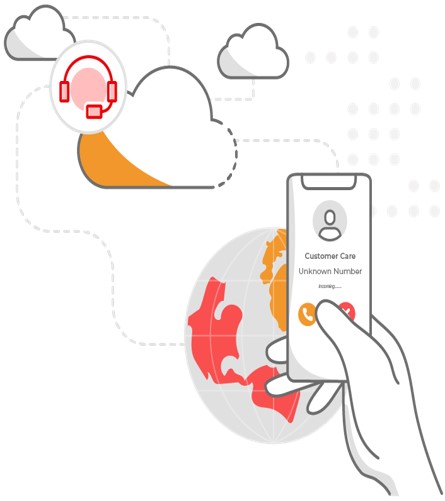Sanjoy Sen had been a corporate honcho for several years. Recently, he decided to take up the challenges to head a startup. As corporate managers we sometimes take things for granted. We take the baton from our predecessor and continue to run with it, sticking to the well-marked tracks. Well-founded revenue streams allow us budgets to execute our plans for the future as best recruits from top universities provide us with well researched information and detail analyses back us up. After being referred to by a common friend, the morning Sanjoy called me, he was already his own secretary, analyst, COO and CFO besides being the CEO of the company. He was struggling to convince investors to provide him the funds to implement a 24/7 call centre service, central to his business model.
Sanjoy’s business model made ample sense. The company is addressing the prevalent problem of mental health that plagues every society. Anyone with mental health issues can call the helpline at any time to get a first-level care from a freshly qualified mental health professional for free. If the case requires specialist attention, the patient is referred to one of the enlisted consultants. Provided the patient makes avail of the service, Sanjoy’s business gets a referral fee.
To provide a 24/7 service, Sanjoy will have to sign up with a call-centre. The operators would have to be either well trained in mental health or mental health professionals need to acquire telephone skills. Then Sanjoy is worried about balancing the demand and the supply. The Lancet Psychiatry reported that 200 million Indians suffer from mental health problems. Given that cities are associated with higher rates of most mental health problems compared to rural areas, Sanjoy estimates that his metropole will have about 2 million people suffering directly from mental health problem. Add to that the family members who may be potential callers, his total addressable market is about 7-8 million people. While this gave him starry eyes, his budget allowed him to recruit only 6 fulltime employees. To give a 24/7 cover, he will have only 2 per 8 hour shift of three.
He smiled dejectedly as he quipped that if his clients have to wait on the line for long, they might end up with more mental problems than before they made their calls. Besides having made the first contact, he is not sure if a mere referral will be sufficient for the patient to seek help from a specialist or there will be a need for follow-up by his team.
Sanjoy wished that his team knew beforehand the problem the caller has. Then they would be more prepared to take care and plan for the future action that maybe necessary. That was the time when I finally could interject. After all, Sanjoy’s problem was not very different from that of any service provider. In most cases, the caller is aware of the problem that they have got or at least can describe the symptoms. On Jusvista, without being further agitated while waiting for her call to be answered, the caller can at once start recording exactly what she has got to say. Furthermore, having taken the problem out of her chest, she moves away from having to narrate her problem to an expectant mood of getting a solution as she tracks on her app the status of her message. Meanwhile, the caretaker having finished any prior task, listens out the next problem and decides upon her plan of action. Such action can be getting on the phone to respond or directing the client to someone better placed to handle the case. Thus whoever gets back to the client is better prepared to take care of the situation. The process is tracked by the supervising managers who can, transparent to the client, also engage in the process, if necessary. As the link with the client is over the Jusvista platform, both following up and referring become seamless. The cherry on the cake is that it requires no fancy set up or signing up. On the contrary, the operators can work remotely and Sanjoy can scale up the operation as the business picks up. A whole bunch of additional benefits come with Jusvista such as easy integrating of audio reviews by clients and mental health related podcasts by specialists on the website. As these were not the immediate concerns of Sanjoy, I left them out to talk about on another day.

Mar 19, 2024

Jul 07, 2023

Jun 01, 2023

May 15, 2023
Mar 16, 2021

Mar 09, 2021

Mar 01, 2021

Feb 22, 2021

Feb 15, 2021

Feb 08, 2021

Feb 01, 2021

Jan 25, 2021

Jan 15, 2021

Dec 28, 2020

Nov 16, 2020

Nov 02, 2020
.jpeg)
Nov 09, 2020